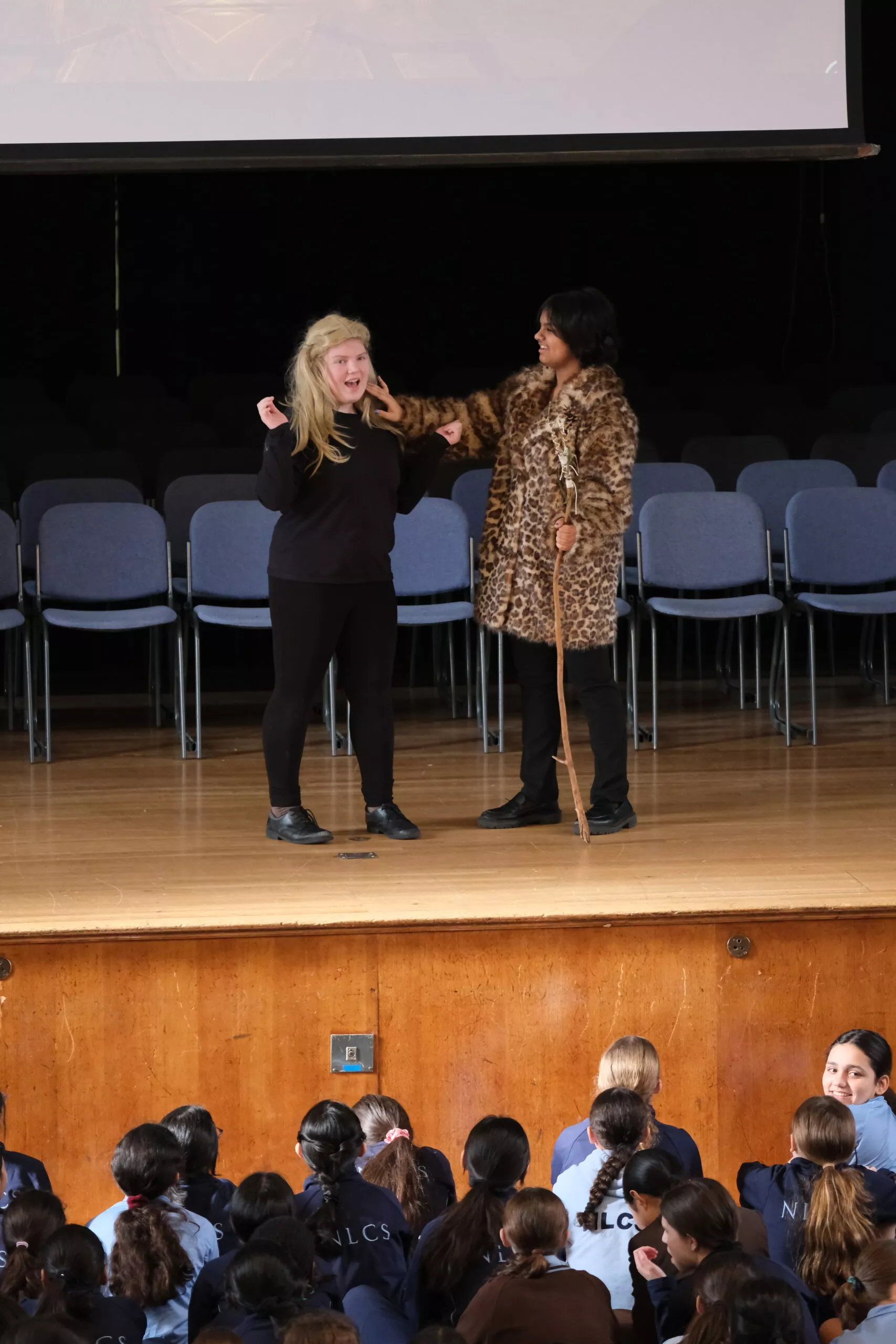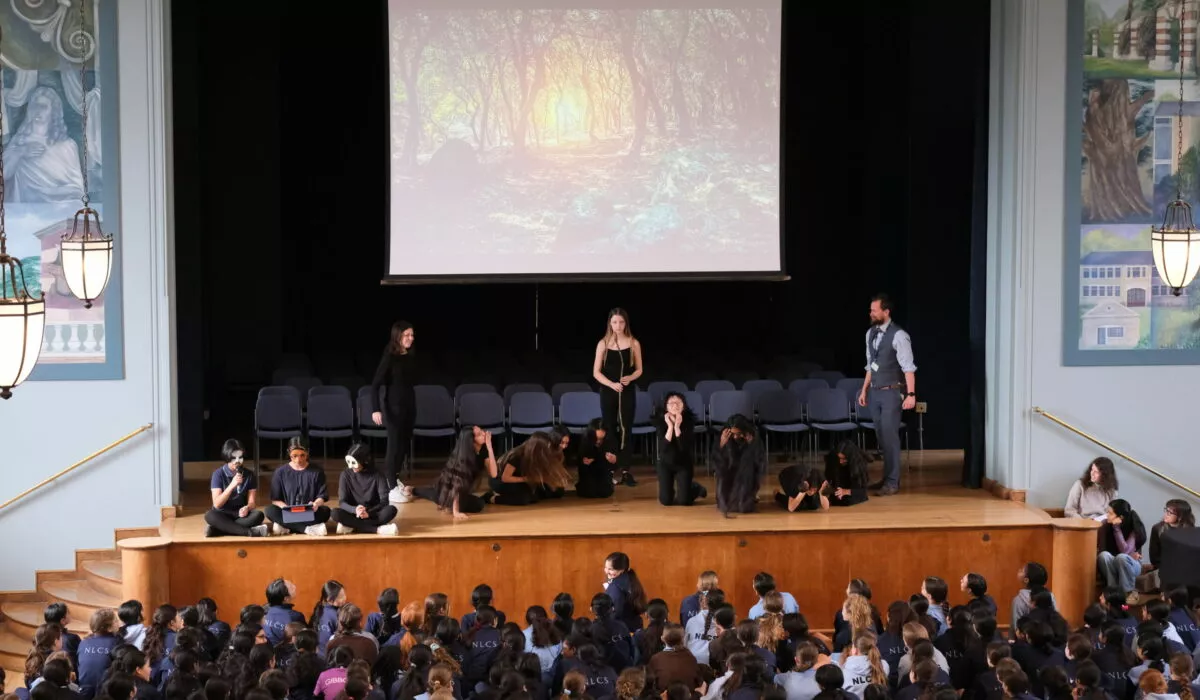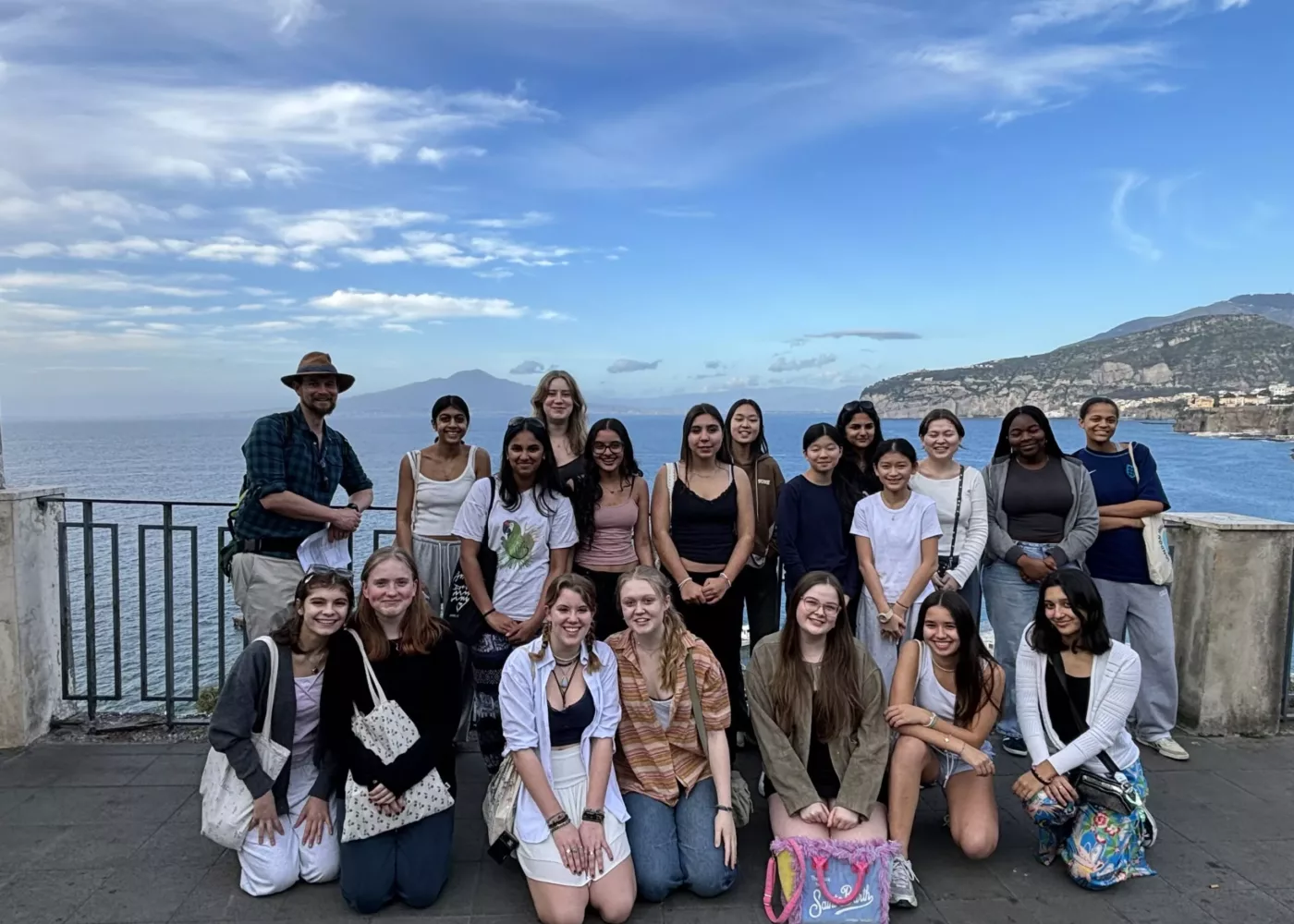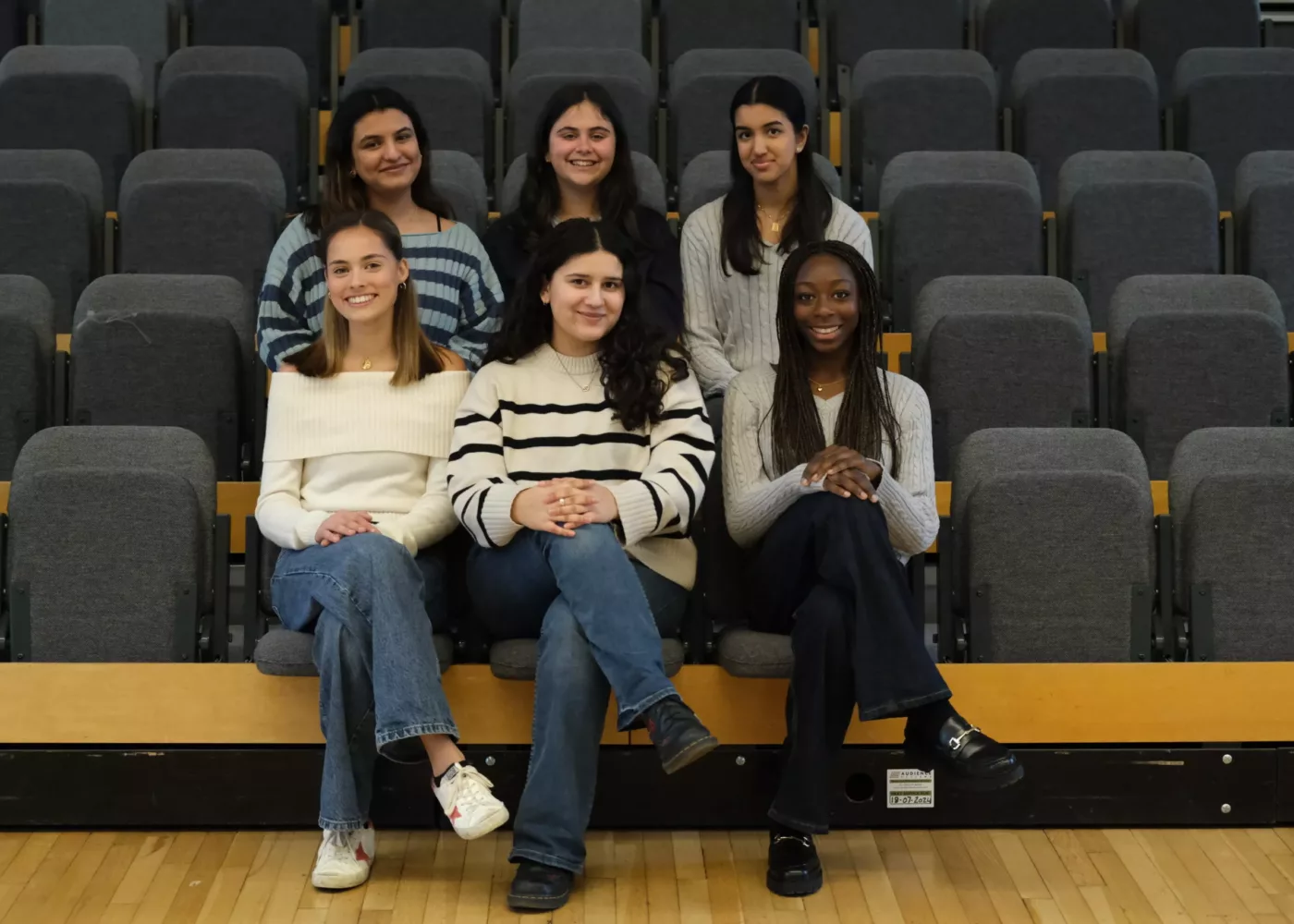Inspired by the enthusiasm of Middle School Classics Club, this year the theme of Classics Week was Performance.
In my assembly on Monday, I spoke about the famous story of the messenger Pheidippides (or Philippides) running from Marathon to Athens, how we should understand ‘performance’ as ‘accomplishment’ or ‘achievement’ and gave some examples of how we can evaluate our performance.
The theme also allowed us to explore various aspects of artistic performance from the ancient world. Throughout the week, during short break, members of the Classics Department shared a rich range of their own interests in relation to Performance. On Monday, Dr Linscott spoke about the performance of epic, and specifically about moments in the Iliad and Odyssey when the heroes of the epics take over the storytelling.
On Tuesday, I spoke about how dancing and performing in Athenian choruses was an essential part of an Athenian citizen entering adulthood. Ms Jones delivered a very eloquent presentation on Wednesday in which she explored the identity of Aeneas and how the ‘performance’ of the self can change at different stages in our lives.
It was Miss May’s turn on Thursday, when she spoke about Menander’s play Dyskolos and how the Grouch is a compelling vehicle for social commentary. To finish the week, Mrs Forde provided an exploration of Aristophanes’ Frogs and the fascinating interplay between tragedy and comedy contained in a play which shows a comic and foolish Dionysus (the god of drama) travelling to the underworld in order to find a tragic playwright to bring back to life.
We also had the special pleasure of Classics Week containing Mrs Bingham’s first Nicholson Lecture. At lunchtime on Wednesday, she spoke about Sophocles’ Antigone and the perennial relevance of a story that concerns power and the tension between diverse morals within a society. Along with several other retellings, she focussed on Kamila Shamsie’s Home Fire and how, through the medium of the novel, it is able to reveal and consider intriguing aspects of the original legend of the Theban royal family.
Our special guest lecture was an interesting and engaging take on the theme from the perspective of Classical Reception studies. Delivered by Teams call from New York, Professor Elizabeth Macauley spoke to staff and students about the use and presentation of Classical architecture in the context of World’s Fairs in the early 20th century. It revealed how the blank canvas of Classical sculptural programs can be used to promote more modern myths of empire and civilisation, just as they did in the ancient world.
The finale, in Friday’s assembly, was a performance of two extracts from Euripides’ Bacchae by Middle School Classics Club. Mrs Forde is now continuing to work hard during Thursday lunch time sessions to prepare the students for a full performance (of an age-appropriate adapted script) in the summer term. Miraya and Kerensa performed wonderfully as Dionysus and Pentheus, and the maenads were suitably wild!
The Classics Department would now like to promote more performative and creative approaches to Classics and so we have set up a Creative Competition for all year groups. The deadline for entries is the first week back after the Easter holidays and we hope to receive many diverse entries. A poster for the competition has been sent out via the parent portal.
Ed Pike, Head of Classics

Students perform an extract from Euripides’, ‘Bacchae’


